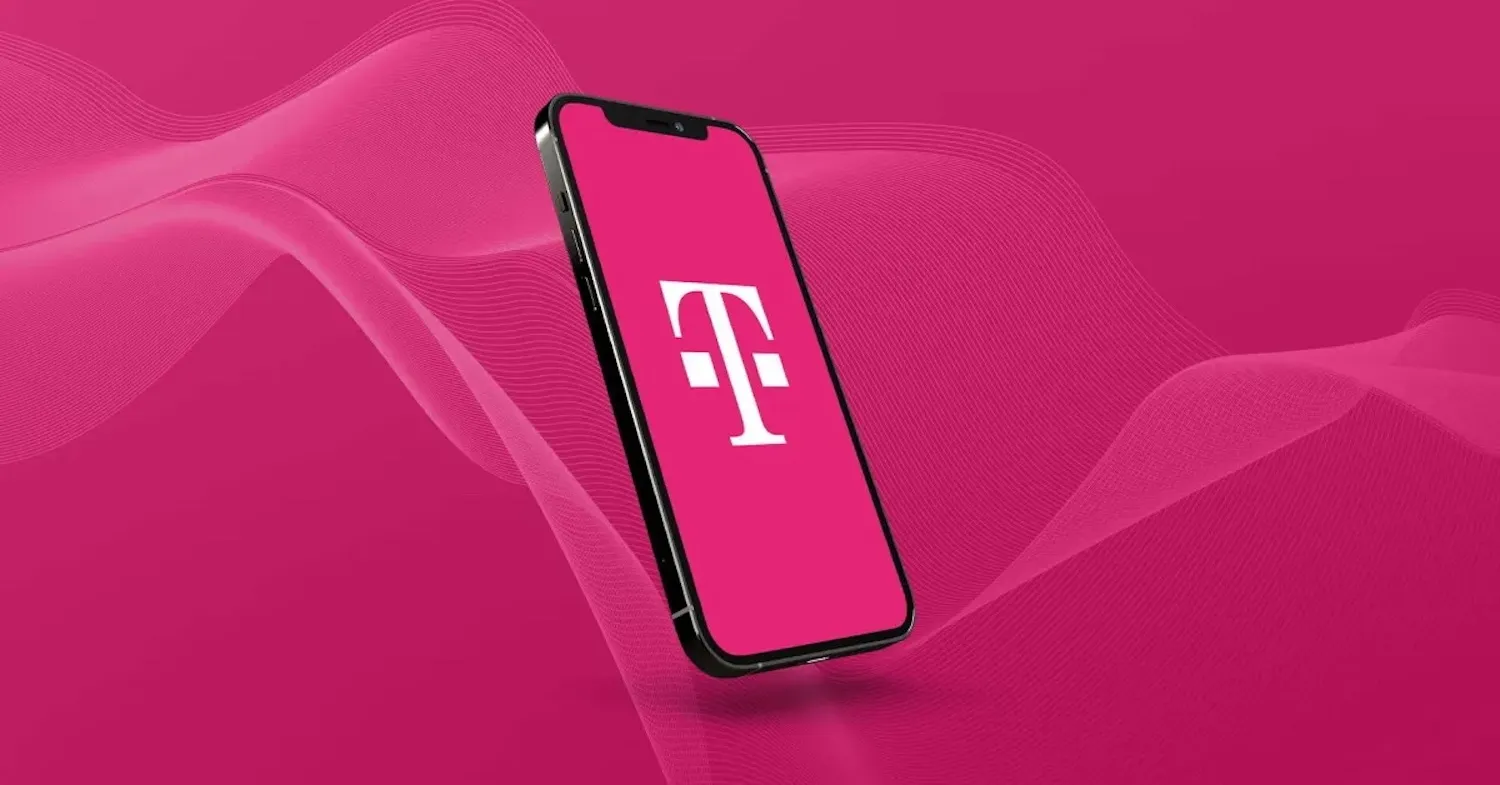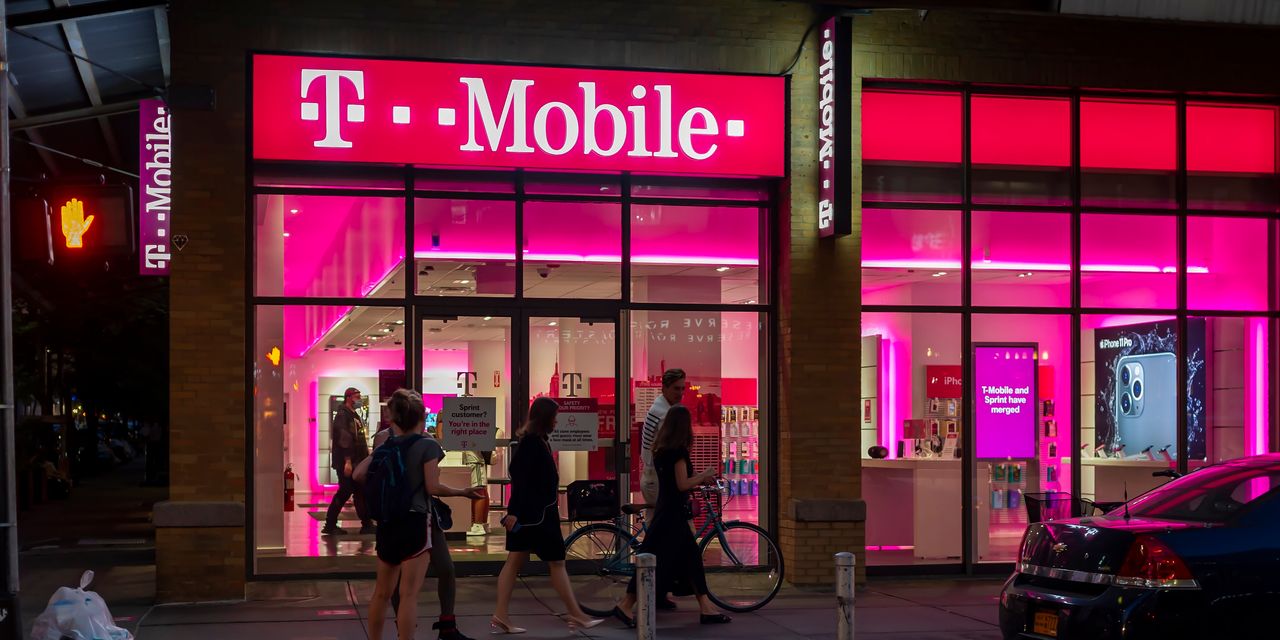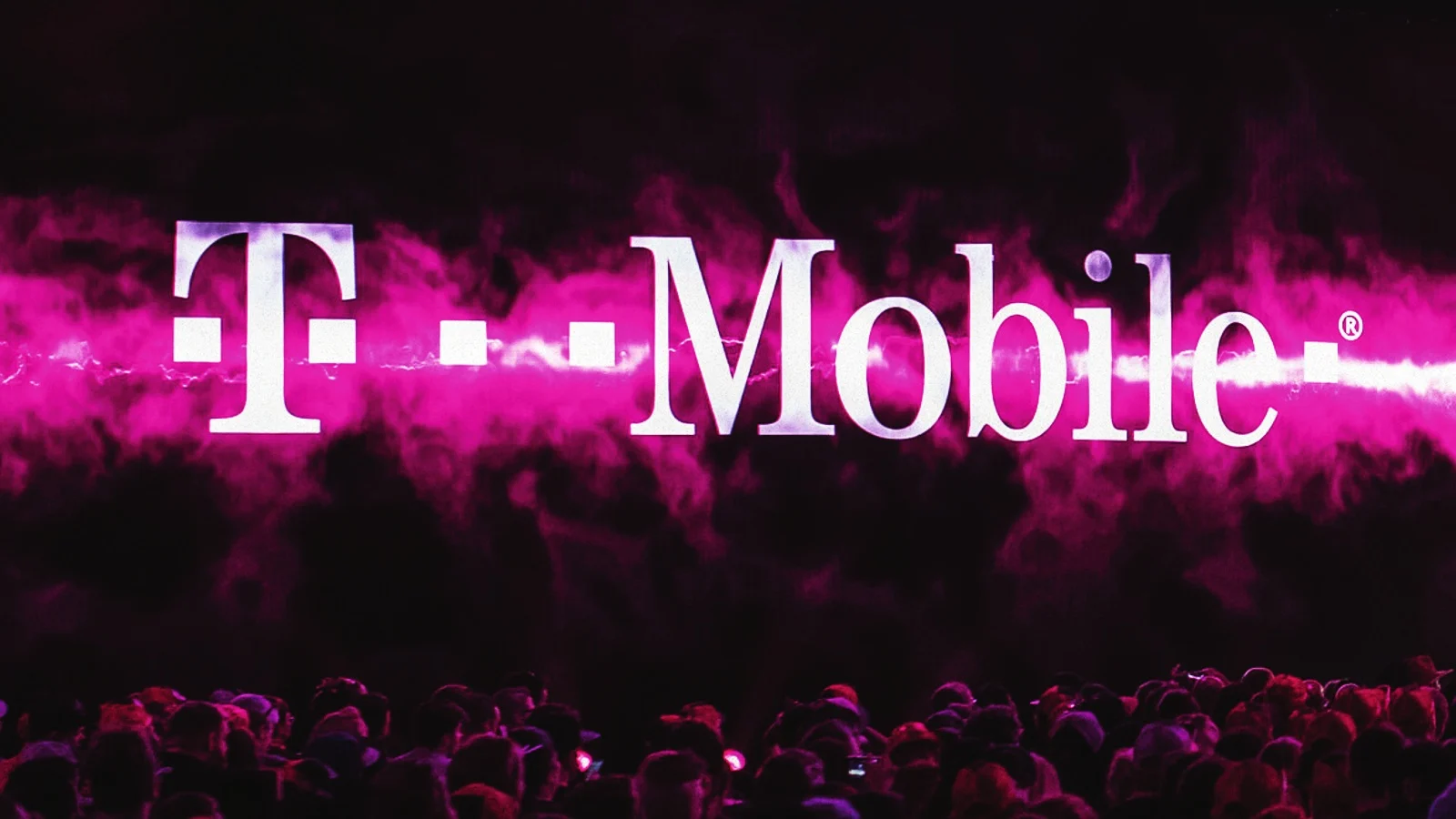In a surprising turn of events, T-Mobile has announced a reprieve for users of 2G devices, deviating from the path taken by Verizon and AT&T, which have already shut down their 2G networks. This decision underscores T-Mobile’s commitment to providing flexible and inclusive services to all its customers, including those clinging to the nostalgia and simplicity of classic phones.

The 2G Network’s Stay of Execution
Originally slated for shutdown on April 2, Compnay’s 2G GSM network’s retirement has been put on hold, with no exact date for its discontinuation in sight. This move, first highlighted by The Mobile Report, offers a temporary relief to users of feature phones and millions of IoT devices—from coke machines to legacy industrial applications—that rely on this decades-old technology.

Why 2G Before 3G?
Company’s strategic decision to decommission its 3G and certain LTE networks while sparing 2G (for now) is not arbitrary. The persistence of 2G technology is rooted in its widespread use in numerous IoT devices and feature phones, which underscores the importance of this older technology in maintaining operational continuity for various applications.
A Future Without 2G: What T-Mobile Users Need to Know
While this announcement might be music to the ears of 2G enthusiasts, T-Mobile warns that this is not a permanent reprieve. The eventual shutdown of the 2G network is inevitable, with the carrier noting that service quality will begin to wane as the network approaches its retirement. Users will experience changes in capacity and coverage as the company begins dismantling some 2G sites in preparation for the full network sunset.
This is the line outside of the T-Mobile arena for the #WrestleMania press conference
🎥: @emilymaehellerpic.twitter.com/EBKMsRGtY8
— Julian Weeks (@JulianWks) February 8, 2024
Preparing for the Transition
For those tethered to their 2G devices, the future poses a challenge. Post-shutdown, these devices will become incompatible with modern 4G and 5G networks, affecting not only general connectivity but also critical functions like the ability to dial 911. Recognizing the potential disruption, T-Mobile is taking proactive steps to ease the transition for its customers. The carrier promises to waive SIM charges and device connectivity charges, along with any associated taxes, for users upgrading to newer devices.

Embracing Change with Support
T-Mobile’s approach to the 2G network’s retirement exemplifies the carrier’s understanding of its customer base’s diverse needs and its efforts to mitigate the impact of technological evolution. By providing a cushion for 2G users to transition smoothly to more advanced networks, T-Mobile is not only ensuring uninterrupted service for all its customers but also paving the way for a future-proof telecommunications infrastructure.
As we edge closer to saying goodbye to 2G technology, T-Mobile’s initiative serves as a reminder of the telecom industry’s dynamic nature, where innovation is balanced with inclusivity. For 2G users, this period offers a window to adapt to the new era of connectivity, supported by T-Mobile’s commitment to facilitating a seamless transition to the digital age.










